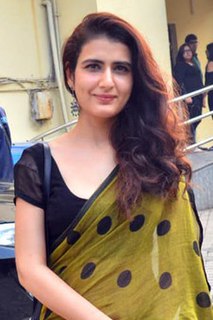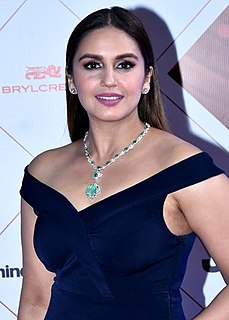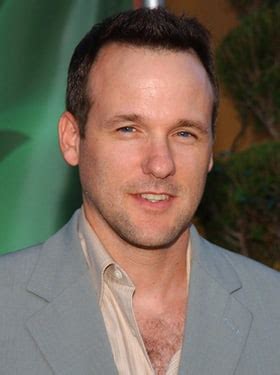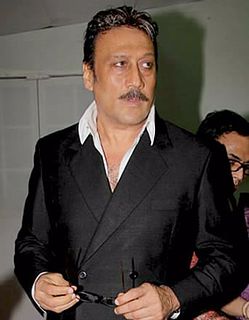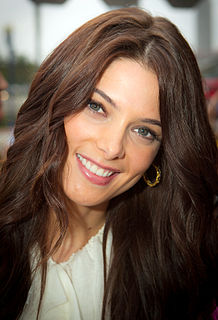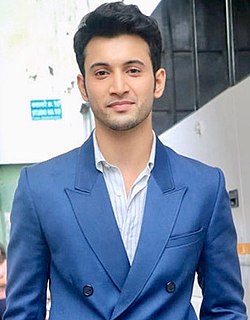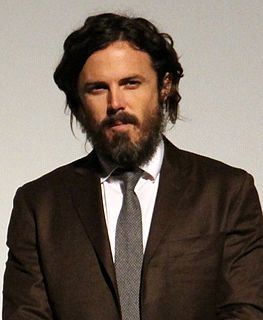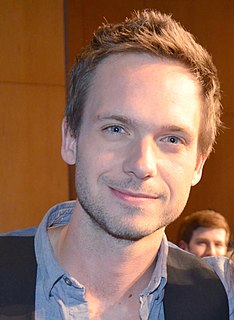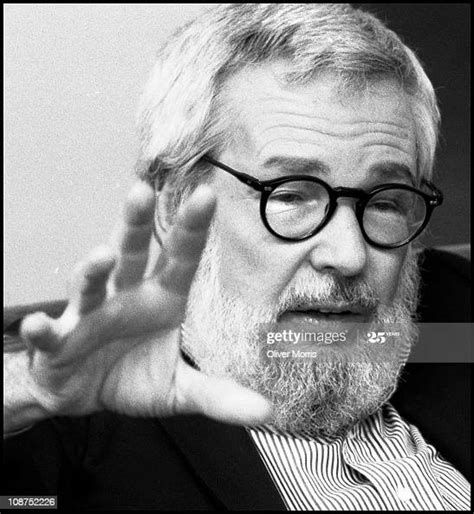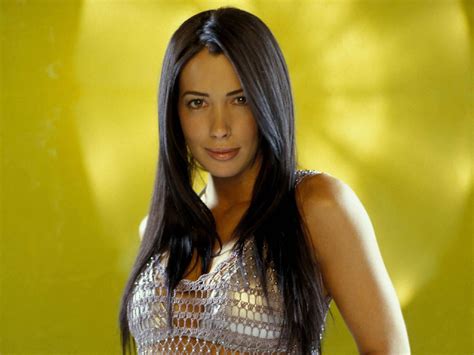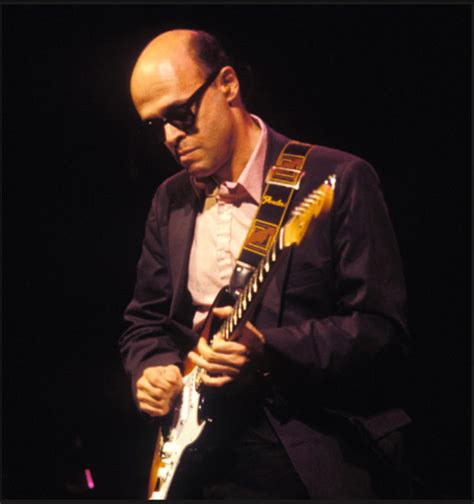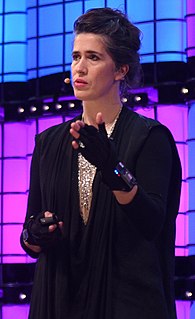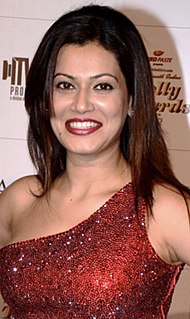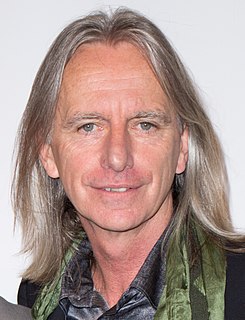A Quote by Fatima Sana Shaikh
I was not getting work, even after auditioning for films. So I started working in a studio as a photographer; I assisted a cinematographer for two ads. I was thinking that I will get into photography or cinematography or assist someone. But then the 'Dangal' offer came, and I was busy with the auditions.
Related Quotes
I like auditioning. I like working on material. I just love working. I like the chance to work on material. Sometimes it helps to not be going into a room cold and to know people. I've spent a lot of years getting to know people in the business, and that really helps. It depends. You can have some pretty terrible auditions.
